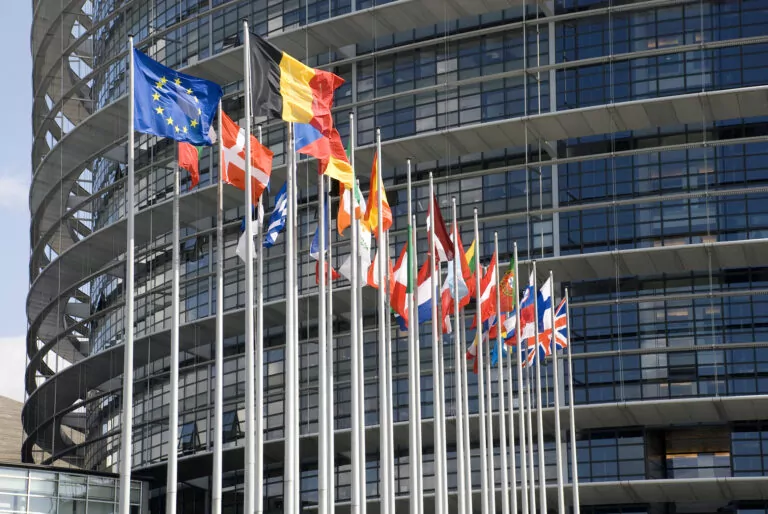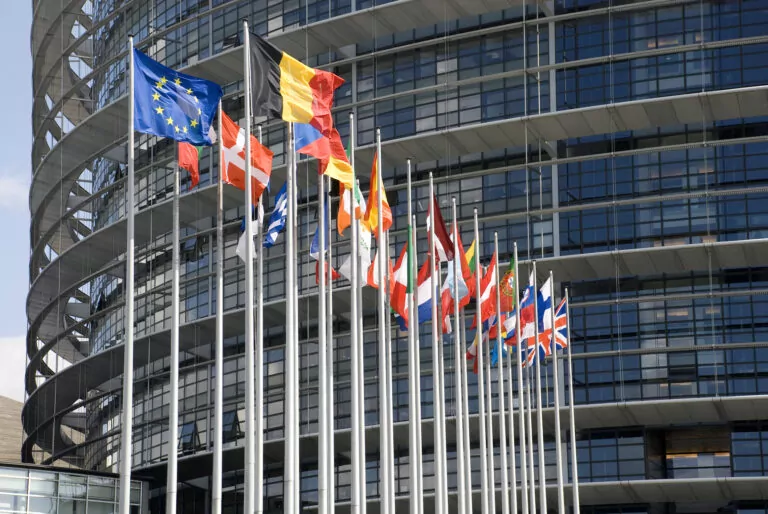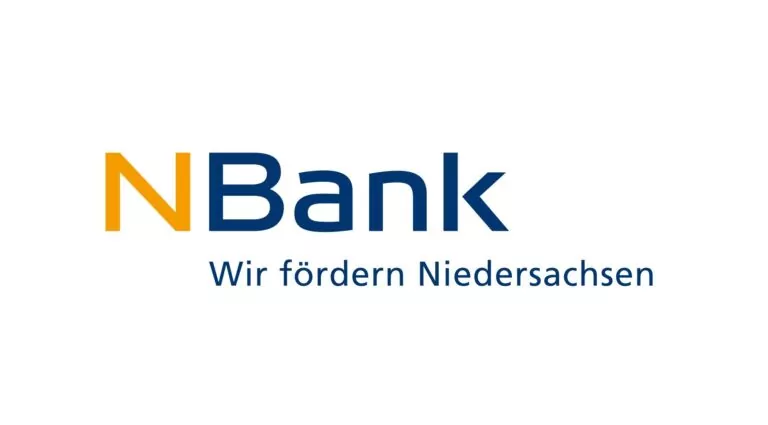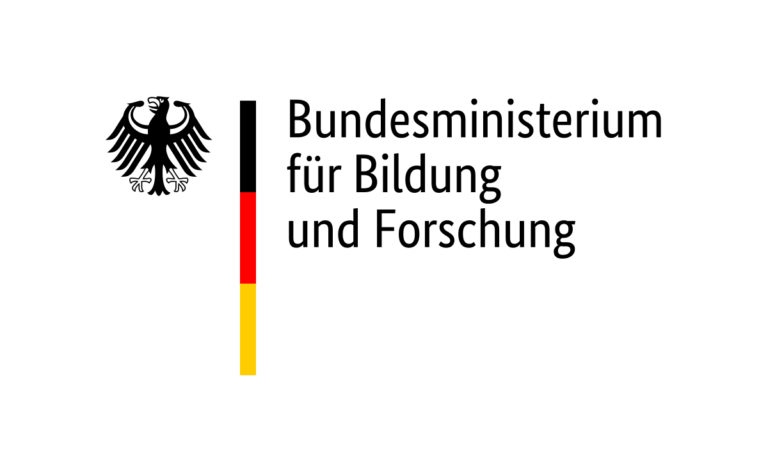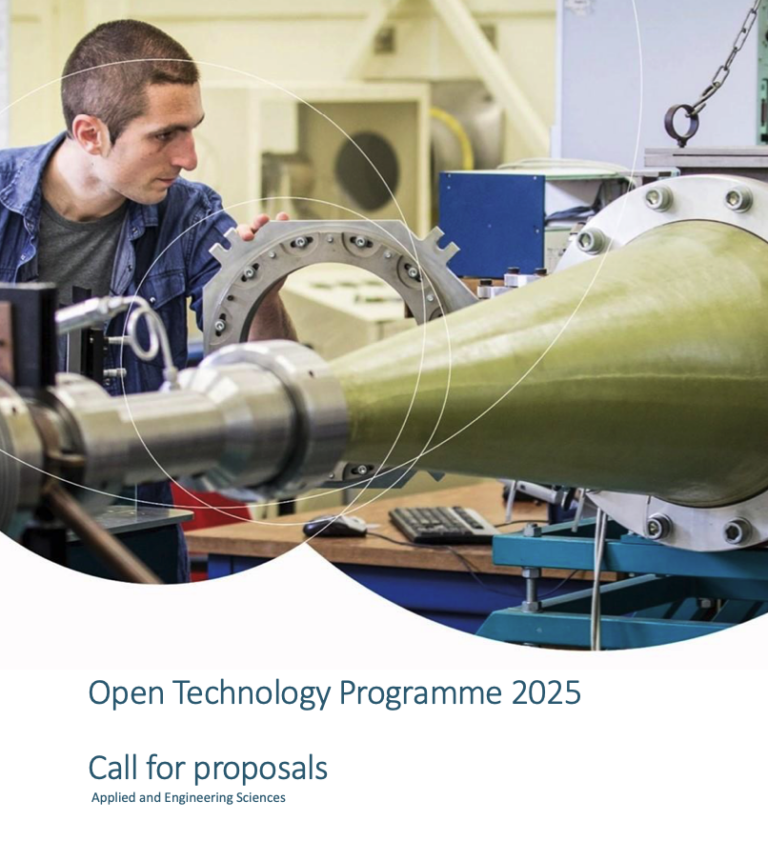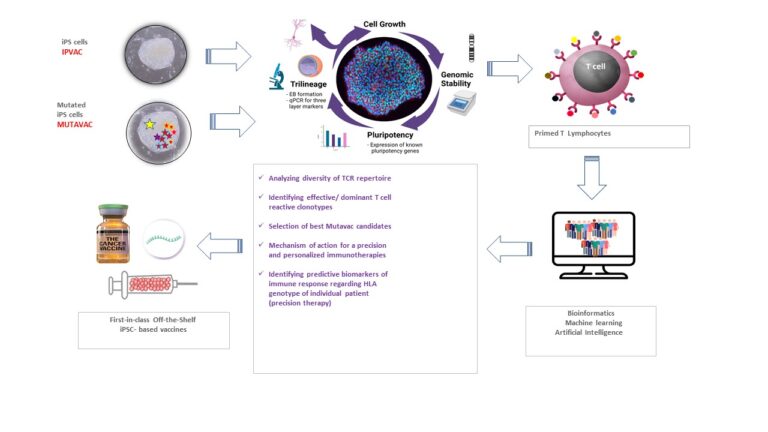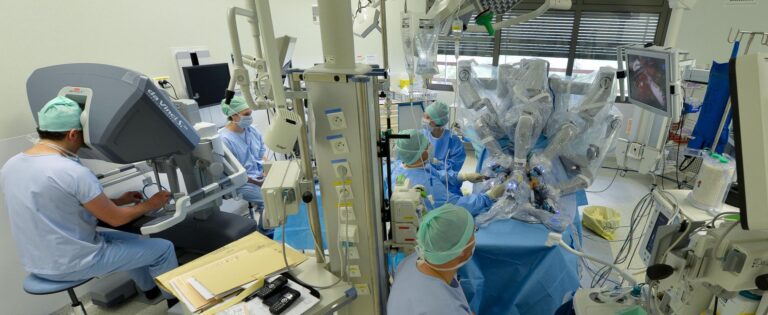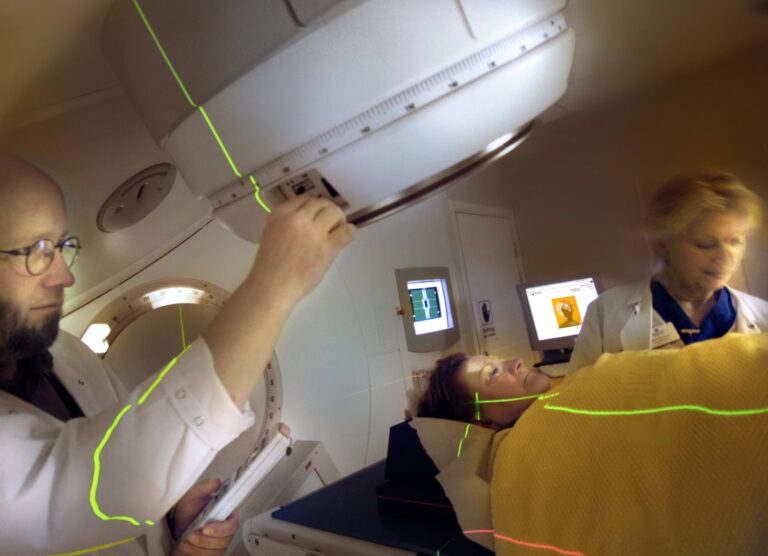Add to favorites:
Share:
Expected Outcome
Proposals under this topic should aim to deliver results that are directed and tailored towards, and to contribute to all of the following expected outcomes:
- Patients have access to tailored, affordable, effective and–when appropriate–minimally-invasive surgery-centred, multi-modal treatment interventions targeting locally advanced or metastatic disease;
- Researchers, innovators[1], SMEs and other professionals from different disciplines and sectors have access to innovative surgery-centred treatment technology and medical devices for further improvements and validation;
- National healthcare providers, policymakers and authorities in European regions, Member States and Associated Countries have the evidence to implement affordable surgery-centred treatment solutions that benefit cancer patients with locally advanced or metastatic disease in their healthcare systems;
Scope
Cancer surgery[2] represents the main first line treatment for solid tumours. While cancer patients with locally advanced or metastatic disease across Europe are often excluded from clinical studies, they would benefit from access to tailored, affordable, innovative, surgery-centred interventions, which are adapted to an increasingly precision oncology healthcare landscape.
Proposals should address all of the following:
- Validate innovative surgery-centred, multi-modal treatment interventions to treat cancer patients with locally advanced or metastatic disease. When appropriate, investigators should consider minimally-invasive surgical treatment interventions combined with either relevant medical devices or other multimodal treatment interventions[3];
- The chosen surgery-centred intervention(s) should be validated through academic investigator-initiated clinical trials. Translational research is limited to supporting the conduct and analyses of the proposed clinical trial(s);
- The chosen surgery-centred treatment intervention(s) should be adapted to the needs of the target population and the specificities of healthcare provision at local, regional, or national level, duly reflecting the (cultural) diversity and available resources across Member States and Associated Countries. Data should be disaggregated by sex, gender, age and other relevant variables, such as by measures of socio-economic status or ethnicity;
- The primary and secondary endpoints of the clinical trial(s) should support overall survival, patient-reported outcomes and quality of life issues. Such endpoints should be defined together with patients and their caregivers through research that stimulates social innovation and supports end-user engagement using participative research models;
- Affordability of the chosen surgery-centred treatment intervention(s) should be demonstrated via a cost-effectiveness analysis.
- Include an appropriate mix of stakeholders from various disciplines and sectors, such as physicians, academia, patients and their caregivers, patient representatives, SMEs, insurance companies, engineers, physicists, charities, foundations, research and innovation organisations, civil society, regional as well as national health authorities;
- All datasets produced should be described with metadata records in the EU dataset catalogue of the European Health Data Space while all tools and models should take advantage of current European research infrastructures, should follow the principles of open science and be made available through the future UNCAN.eu platform[4].
This topic requires the effective contribution of Social Sciences and Humanities (SSH) disciplines and the involvement of SSH experts, institutions as well as the inclusion of relevant SSH expertise in the successful proposal, to produce meaningful and significant effects enhancing the societal impact of the related research activities.
The successful proposals are expected to build on resources made available by the Knowledge Centre on Cancer (KCC)[5] to foster EU alignment and coordination.
The Commission will facilitate coordination. Therefore, successful proposals will be asked to join the 'Diagnosis and Treatment' cluster for the Cancer Mission[6] and should include a budget for networking, attendance at meetings, and joint activities[7].
Applicants should provide details of the clinical studies in the dedicated annex using the template provided in the submission system.
[1] Innovators turn research results into new and better services and products, to remain competitive in a global marketplace and to improve the quality of life of Europe’s citizens
[2] A non-exhaustive list of types of surgeries: open surgery, minimally-invasive surgery using laparoscopy or endoscopy, robotic surgery, laser surgery, cryosurgery, radiosurgery (such as ‘gammaknife’, cyberknife, radiofrequency and microwave ablation).
[3] A non-exhaustive list of other treatment interventions to combine with innovative surgery may include: intra-operative radiotherapy, chemotherapy, electro-chemotherapy, photodynamic therapy, radiotherapy, targeted therapy, immunotherapy, hyperthermia or thermal ablation, transplantation or any other combination
[4] https://healthdcat-ap.github.io/
[5] Hosted by the European Commission's Joint Research Centre (JRC). Especially through the ’European Guidelines and Quality Assurance Schemes for Breast, Colorectal and Cervical Cancer Screening and Diagnosis‘, and the ’European Cancer Information System (ECIS)’ and the ’European Cancer Inequalities Registry (ECIR), see https://knowledge4policy.ec.europa.eu/cancer_en
[6] In order to address the objectives of the Cancer Mission, participants will collaborate in project clusters to leverage EU-funding, increase networking across sectors and disciplines, and establish a portfolio of Cancer Mission R&I and policy actions.
[7] Examples of those activities are research or research capacity, organising joint workshops, establishing best practices, joint communication or citizen engagement activities with projects funded under other clusters and pillars of Horizon Europe, or other EU programmes, as appropriate. Proposals are not required to include details of these activities, as they will be defined during the grant agreement preparation and during the life of the project.
Partner Requests
Explore Real Collaboration Opportunities
🔍 As a logged-in member, you now have exclusive access to all active Partner Requests for this Funding Call.
See who’s looking for collaborators, explore exciting project ideas, and discover how others are planning to make an impact.
💡 Use these insights to get inspired—or take the next step and start a request of your own (3 entries for free).
Log in or registrate here for free.
You must be logged in to submit or manage a partner request.
Ask our experts about this call
Connect with the Listing Owner!
💬 Please log in now to send a direct message to our experts and ask your questions. Not a member yet? Sign up for free and start connecting today!
Related Funding and Finance Opportunities
Unlock Exclusive Funding Opportunities!
🔑 Get instant access to tailored funding opportunities that perfectly match your needs. This powerful feature is exclusively available to our premium members—helping you save time, stay ahead of the competition, and secure the right funding faster.
Upgrade to Premium now and never miss an important opportunity again! Already a premium member? Log in here to explore your matches.
Related Innovation Offers
Related Knowledgebase Resources
Discover More with Premium: Related Knowledge Resources
🔒 You’re missing out on expert-curated knowledge specifically matched to this topic. As a Premium member, you gain exclusive access to in-depth articles, guides, and insights that help you make smarter decisions, faster.
Whether you’re preparing a funding proposal, researching a new market, or just need reliable information—our Premium knowledge matches save you hours of research and point you directly to what matters.
Upgrade to Premium now and instantly unlock relevant knowledge tailored to your needs! Already a member? Log in here to view your personalized content.
Access Restricted
This funding opportunity is only fully available to premium members.




